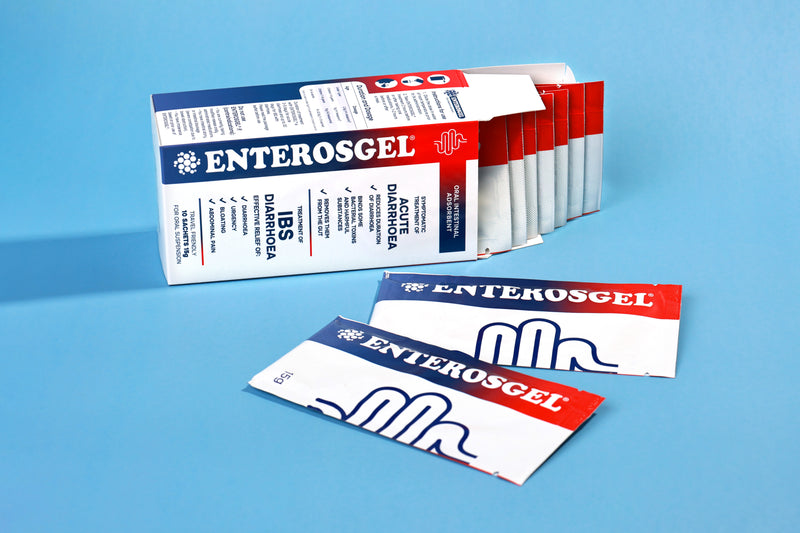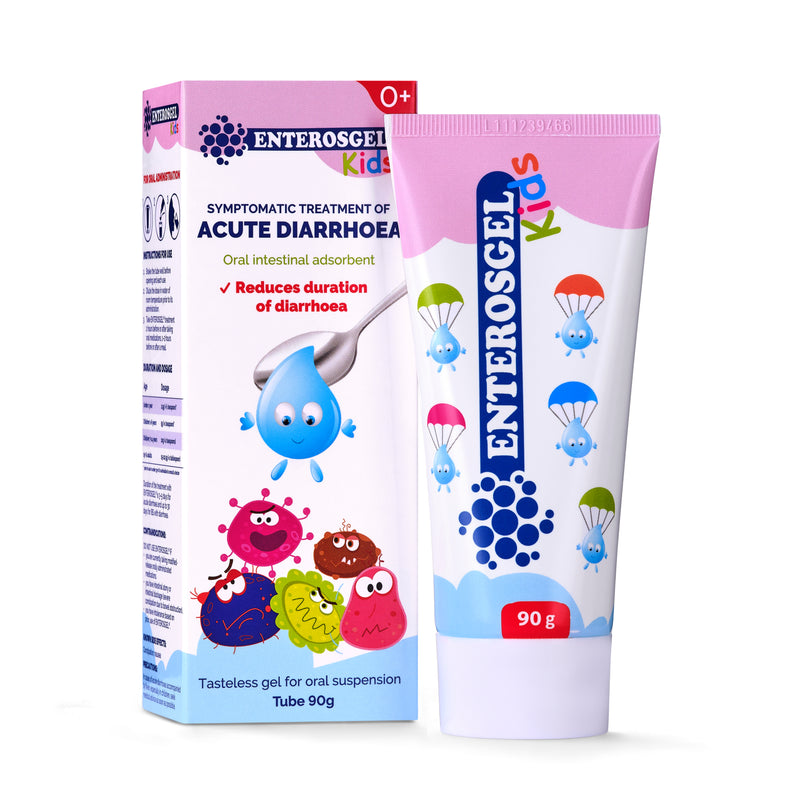
What is Traveller’s diarrhoea?
Most people who travel will have experienced diarrhoea or frequent loose stools during their trip or shortly after their return home, this is classed as Traveller’s diarrhoea (TD). Unsurprisingly it is the most common illness related to travel internationally and worldwide affects a whopping 80 million travellers every year.
Estimates vary as to how often it occurs from 10-56% of travellers depending on whether you are travelling to a high-risk country, the season, where and what you eat and the types of activities you take part in. High-risk countries for TD include Central and South America, South and Southeast Asia and West, East and North Africa, or areas where sanitation and hygiene are poor. Although, outbreaks can also occur on cruise ships and hotels where people are in close contact.
TD symptoms

What can you do to manage TD?
The first step is rehydration which is especially important for children, elderly, pregnant women and those with pre-existing illnesses. To prevent dehydration, you can take oral rehydration salts mixed in clean water. These help with hydration and to correct electrolyte imbalances, but do not reduce the duration of diarrhoea or stool frequency.
Although adults can use loperamide or bismuth subsalicylate to relieve mild-moderate diarrhoea they should not be taken for longer than 2 days, or in children under 12 years, if you have a high fever (common in TD), or severe tummy pain, if you have blood or mucous in your stool, or those with inflammatory bowel disease. Both should be used with caution and the patient information leaflet followed directly, as they can have severe side effects. As loperamide slows gut motility, the microorganism causing the diarrhoea can remain in the gut for longer and people who are interested in improving their gut health are looking for safer alternatives.

Oral intestinal adsorbents such as ENTEROSGEL are another option that can be considered as an effective treatment for TD. ENTEROSGEL is classified as a medical device because of the way it works in the gut, removing bacterial toxins and viral particles, not being absorbed into the body and being completely expelled in the stools. ENTEROSGEL offers a safe treatment option for children (from age 0+years) and adults and is available as an OTC treatment and on prescription. Scientific studies have shown it can capture bacterial toxins from E. coli, C. difficile and Shigella and rotavirus which are known to cause TD in people. Clinical studies have proved it reduces the duration of all types of diarrhoea not just TD and is the only treatment available that is safe for children from 0+ years.
ENTEROSGEL has the advantage that it can be used as a treatment mixed in oral rehydration salts to reduce duration of diarrhoea and stool frequency, in all age groups even vulnerable patients, with only few minor side effects.
Although probiotics recently have become popular for many gut-related conditions. For TD the scientific literature currently doesn’t suggest any benefit from taking them, although they may help replenish the microbiome with beneficial bacteria after an episode.

When should you seek medical help?
You should seek immediate medical help if children become dehydrated. You need to look out for signs such as being very thirsty, sunken eyes, restlessness or irritability, and dry skin. Also seek medical help if your stools are blood-stained; you have lots of watery diarrhoea; a high fever (≥ 38°C); severe tummy pain; a rash or jaundice (yellow colouration); or if you don’t improve over 24-36 hours
Potential complications from TD
Did you know that if you don’t self-manage your episode of TD and seek medical help when needed, you could not only miss out on holiday activities but also may end up paying out for expensive medical treatment. Or you could suffer with complications ranging from dehydration to perforation of the gut wall, bacteria in your blood stream or in severe cases sepsis.
Many people don’t realise that TD can cause longer-term problems, with over 10% of people going on to develop post-infectious irritable bowel syndrome (IBS).

Advice for travellers
There are currently no vaccines available to prevent TD, so prevention is your best means of defence. It’s important to follow basic food and water hygiene measures and be prepared by taking ORS and Enterosgel with you. You never know if you will be able to find these abroad.
Regular hand washing with soap can help prevent TD and although alcohol hand gel is useful, it is less effective than soap against some pathogens. It’s also a good idea to avoid buffets and street food, raw fish, salad and ice and to peel fruits and raw vegetables. You should also avoid swallowing any pool water when swimming, and use bottled water to drink and clean teeth.
